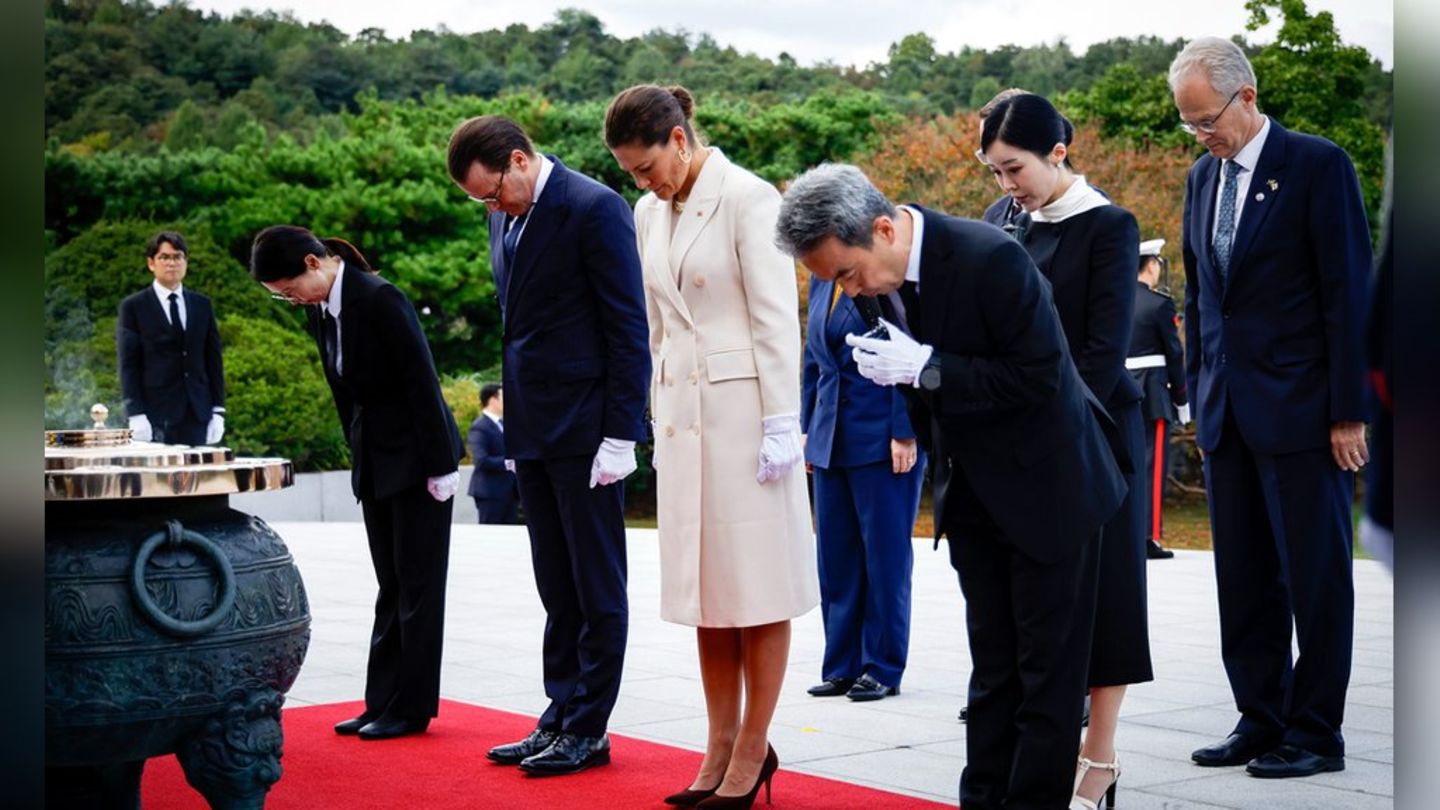Uproar over military service
Boris Pistorius – a man shows nerves
Copy the current link
Add to watchlist
Boris Pistorius lost his temper in the conscription dispute between the Union and the SPD. With a word of power he agreed to a compromise. There’s more to it than vanity.
It was Tuesday, late afternoon, when Defense Minister Boris Pistorius (SPD) burst his collar. He had sounded well-tempered in a podcast that morning. When asked by journalist Karina Mößbauer about the idea of using a lottery system to select recruits, the Defense Minister replied: “To be honest, I’m a bit skeptical about the content. I don’t know whether it’s a successful procedure, but the parliamentarians are welcome to agree on it; I won’t stand in the way of it.”
Just a few hours later he got in the way. The SPD met in the Bundestag for its parliamentary group meeting. The draft for the new military service law, which is to be discussed in the first reading by the Bundestag on Thursday, should also be discussed there.
Pistorius promoted the draft for weeks
Pistorius had been drumming up support for the draft, which had already been approved by the cabinet, for weeks, toured his party’s state groups, declared, and sought approval. But then the Union took a stand. It lacked an automatic mechanism that would ensure that young men could be required to do military service if there were not enough volunteers to meet NATO requirements.
The current draft stipulates that compulsory military service can be reactivated if the Bundestag approves. However, mandatory mustering for all 18-year-old men is not planned until 2027. For many in the Union, that didn’t go far enough.
Because things were getting stuck, specialist politicians from the Union and SPD met last week, including foreign policy expert Norbert Röttgen (CDU), the former Parliamentary State Secretary in the Ministry of Defense, Siemtje Möller (SPD), and the SPD’s defense policy spokesman, Falko Droßmann. They agreed on a compromise: the lottery system. If there were not enough of the group of young men who received a muster form ready to be mustered, the number would be determined by drawing lots.
The information was leaked on Sunday, the “Editorial Network Germany” was the first to report. Many in the SPD felt taken by surprise by the news. So far they had only heard about the Cabinet’s draft law.
“That was a bloody affair”
So the mood was already heated when the group met on Tuesday. Nevertheless, people initially talked about a completely different topic, the visit of the Jewish journalist Michel Friedman on October 7th and his warning about the destruction of democracy. Only then did Siemtje Möller present the military service compromise. And immediately received sharp opposition. The right-wing politician Carmen Wegge made it clear that she considered selection by lottery to be legally questionable and not in the spirit of military justice. Participants reported that there was a lot of agreement in the room.
Was that the outlet for Pistorius? For the feeling of being ignored for days? And having to be told by specialist politicians what you, as the responsible minister, know much better?
Pistorius complains about “rotten compromise”
In any case, the Defense Minister spoke up – and thus finally changed the mood in the room. Pistorius said he was not speaking as a comrade, but as IBUK – as the holder of the authority to command and control. So as the person who bears responsibility for the Bundeswehr in an emergency. And as such, he doesn’t think anything of this “rotten compromise” and can’t support it either. It must be the responsibility of the Bundeswehr to decide who will be mustered and selected at the end, a selection of the best. And not a lottery.
Pistorius appeared “robust and rustic,” says one participant. “That was a bloody brawl,” says another. Siemtje Möller seemed visibly touched. The relationship between the two wasn’t the best before. Pistorius had ensured that Möller was replaced as Parliamentary State Secretary.
The fact that a compromise had already been negotiated before the parliamentary procedure began was also a source of surprise in the group. “This is absolutely unusual,” says one.
At the end of the group meeting, group leader Matthias Miersch tried to save what could still be saved. He voted on whether the Bundestag should debate the military service law on Thursday. First of all, only in its normal version, without the compromise formula for the lottery process that was negotiated later. A clear majority was in favor.
The day after, opinions in the parliamentary group differed about Pistorius’ appearance. Some think it’s right that he has put aside a questionable procedure for the time being. Especially since the alleged “war lottery” or the “Hunger Games” (in reference to the film trilogy “The Hunger Games”) have already been heavily criticized on social networks. Many people also understand that Pistorius made it clear that he would not be ignored in such planning. Möller and the others allowed themselves to be put under too much pressure by the Union, says one.
Others blame the minister for not coming up with clear words before the parliamentary group meeting, thereby helping the matter spiral out of control. Because the press conference on the compromise model was only canceled after the journalists had already arrived, the impression of a chaotic coalition was left behind. Many people in the Union are also angry. “Pistorius set the place on fire,” says one.
Negotiators do not give up
The negotiators of the compromise model do not want to admit defeat yet. “The lottery process is not dead,” says Falko Droßmann star. This will now be introduced as an idea into the parliamentary process as normal. “I would have liked the process to be different,” says Droßmann, who also sees something positive in the scandal: “It makes it clear what this is actually about. The defense of our country.”
Source: Stern
I have been working in the news industry for over 6 years, first as a reporter and now as an editor. I have covered politics extensively, and my work has appeared in major newspapers and online news outlets around the world. In addition to my writing, I also contribute regularly to 24 Hours World.





